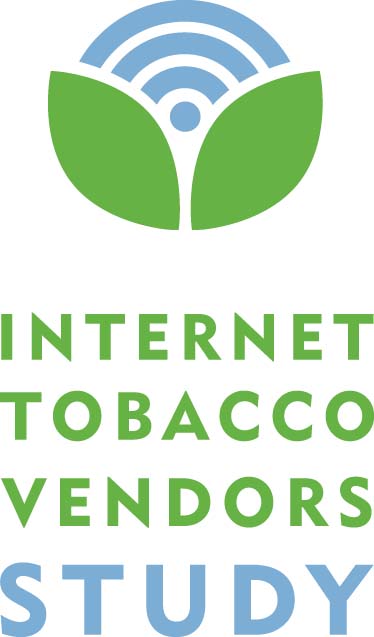A study led by a UNC Lineberger Comprehensive Cancer Center researcher has found that, despite a North Carolina law banning their purchase by minors and requiring online vendors to verify customer age, teens can easily buy electronic cigarettes online.

This first-of-its-kind study, which was funded by the National Cancer Institute and U.S. Food and Drug Administration Center for Tobacco Products, was published online Monday in The Journal of the American Medical Association Pediatrics. It found that only five out of 98 attempts by teens to buy e-cigarettes online were blocked by online vendors’ attempts to verify customer age.
“Very few online vendors even gave the appearance of trying to comply with North Carolina’s e-cigarette age verification law,” said Rebecca S. Williams, MHS, PhD, a member of the UNC Lineberger Comprehensive Cancer Center, a research associate with the UNC School of Medicine and the study’s principal investigator.
The findings underscore the need for federal regulations requiring and enforcing age verification in the sale of e-cigarettes, Williams states, as their use among teens has been growing, and there isn’t yet conclusive research showing their public health and safety impacts.
The Centers for Disease Control and Prevention has reported a doubling in the rate of teens who reported ever using e-cigarettes from 2011 to 2012.1 A national survey released in 2014 also showed that more than 17.1 percent of 12th graders reported they used an e-cigarette in the past 30 days. 2
In the study led by Williams, researchers recruited a group of teens to buy nicotine e-cigarettes from 98 web-based vendors. Only five purchase attempts were rejected based on age verification strategies. Another 18 attempts failed, but for reasons unrelated to age verification such as flawed website functionality. After removing those 18 order attempts from the study sample, there were five out of 80 orders rejected based on age verification, meaning a youth e-cigarette purchase success rate of 93.7 percent.
During the observed attempts to buy e-cigarettes, teens were allowed to type in false birth dates and check boxes to misrepresent their ages. While the study found that a number of vendors requested the buyers’ date of birth, in most cases, that information was not used in compliance with state law. North Carolina law requires online vendors of tobacco products, including e-cigarettes, to use a third-party service to check the buyer’s age against a public records database.
“Thirty-five percent of the vendors asked for date of birth, and that could potentially be used with a name and address to verify customers’ age in a public records database, but in most cases, it wasn’t,” Williams said. Five vendors claimed to use a service offered by shipping companies to verify age at delivery, but none actually did. Furthermore, none of the vendors used personal challenge questions to verify buyers’ identities.
No federal laws currently exist to regulate e-cigarette sales to minors, but 41 U.S. states do currently ban e-cigarette sales to minors. 3 The U.S. Food and Drug Administration has proposed extending federal regulations currently in place for cigarettes to the sale of e-cigarettes and other tobacco products. And as part of the proposed rule, there would be minimum age restrictions for e-cigarettes.
All participating teens received permission from their parents to be involved in the study. Researchers also obtained letters of support from the local police chief and district attorney stating they agreed not to prosecute participants since the purchase of e-cigarettes by minors is illegal in North Carolina.
The study was supported by a grant from the NCI and the FDA’s Center for Tobacco Products. The content is the responsibility of the authors and does not necessarily represent the official views of the NIH or FDA.
In addition to Williams, study authors included Kurt M. Ribisl, PhD, a professor of health behavior at the UNC Gillings School of Global Public Health, UNC Lineberger’s Cancer Prevention and Control program leader and a national expert in tobacco control policy issues on the Internet, and Jason Derrick, MSW, of UNC Lineberger.
1 Corey C, Wang B, Johnson SE, et al;Centers for Disease Control and Prevention. Notes from the field: Electronic cigarette use among middle and high school students – United States, 2011-2012. MMWR Morb Mortal Wkly Rep. 2013;62(35):729-730.
2 E-cigarettes surpass tobacco cigarettes among teens [news release]. Ann Arbor, MI: University of Michigan: December 16, 2014. http://www.monitoringthefuture.org/pressreleases/14cigpr.pdf. Accessed Feb. 23, 2015.
3 National Conference of State Legislatures. Alternative Nicotine Products | Electronic Cigarettes. 2014; http://www.ncsl.org/research/health/alternative-nicotine-products-e-cigarettes.aspx. Accessed Feb. 23, 2015.
